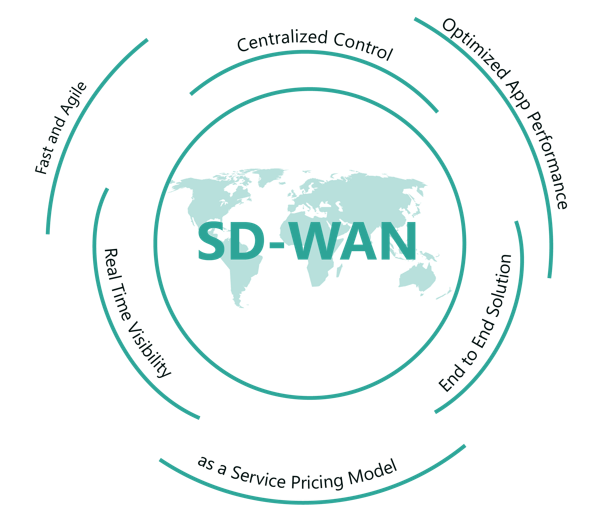Per IDC, Fortinet takes title for shipping more appliances than any other vendor
Software-defined networking (SDN) has extended to distributed enterprises and branch offices with the emergence of software-defined wide area networking (SD-WAN). Given the cyber threats constantly plaguing distributed branches, organizations are seeking SD-WAN security solutions. Among the corporations to tap into this market is Fortinent, which has shipped more security appliances than any other vendor for the second quarter of the year, according to the latest International Data Corporation’s (IDC) Worldwide Quarterly Security Appliance Tracker results.
The recent IDC figures reflect growth in vendor revenue and unit shipments for the second quarter of 2017. Global security appliances vendor revenue increased by 9.2 % year-over-year. Fortinet’s FortiGate 100 – 200 series firewalls were deemed the market share leader with 22.9% of revenue in this category, reaching 21% growth year-over-year.
The trend for global market growth is attributed to an uptick in the Unified Threat Management sub-market, achieving $1.6 billion in revenues and 16.8% in year-over-year growth. UTM refers to the evolution of conventional firewalls into an encompassing product capable of performing various security functions one a single system. According to IDC, the UTM market constitutes more than 50% of worldwide revenues in the security appliance market and has the highest growth among all the sub-markets. Fortinet’s FortiGate 60 – 90 series firewalls series also headed branch office UTM appliances with 38.6% of the revenue market share in their price band.
“The two traditionally distinct markets of the Distributed Enterprise and Branch Office are starting to merge as increased adoption of Software Defined Wide Area Networks (SD–WAN), integrated with Unified Threat Management (UTM) security reduces the complexity and costs for these segments,” said John Maddison, senior vice president of products and solutions at Fortinet. “Fortinet’s Secure SD-WAN capabilities are focused on optimizing transport, prioritizing applications and providing high availability to business-critical traffic, all seamlessly integrated in a secure UTM appliance that delivers high performance and extensive WAN and LAN connectivity options,” he added.
Fortinet originally faced challenges branding itself as a provider of security firewalls for both small and large companies. Concerns surfaced it was overselling its firewalls to larger enterprises. Based on the recent IDC results, however, it appears the company is succeeding in reaching out to both small and large enterprises, competing with heavy weights like Cisco, Palo Alto Network and Check Point.

